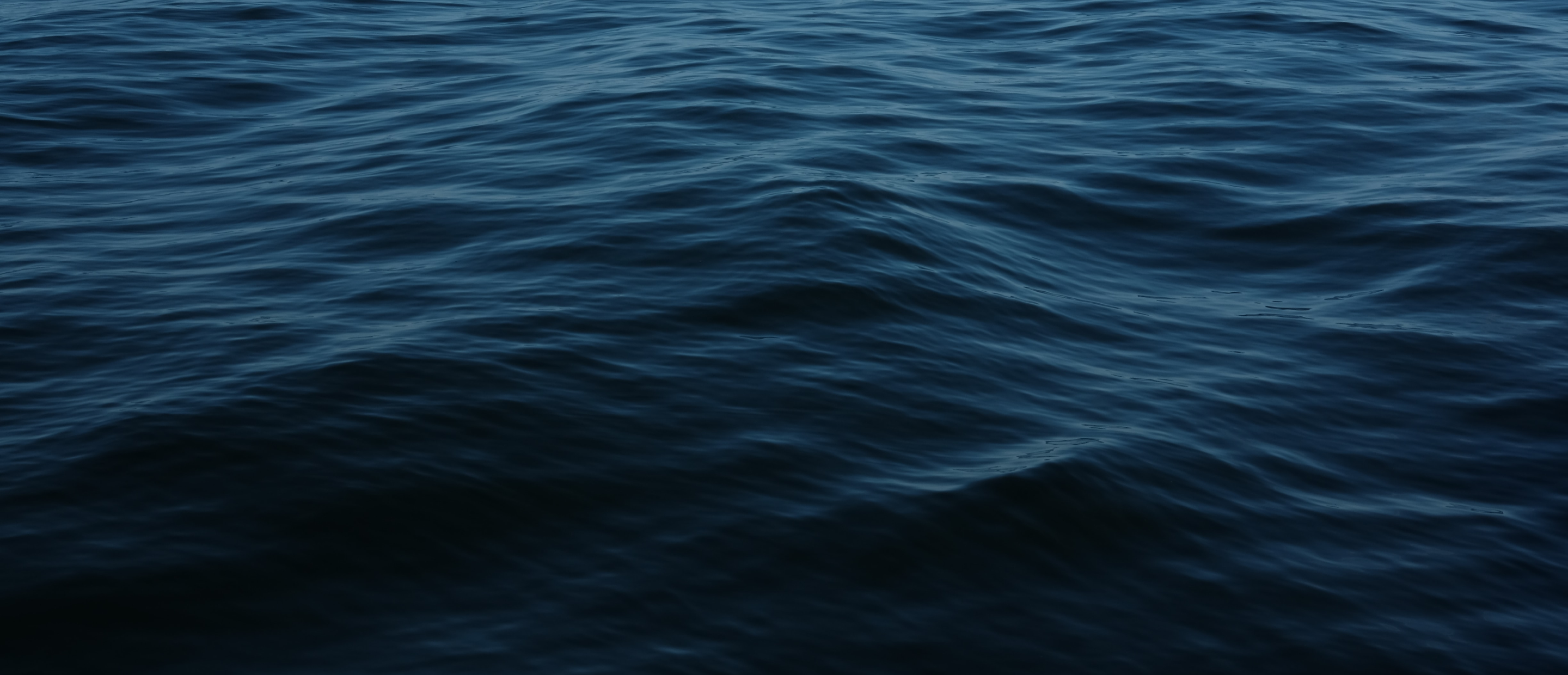Ocean Job Board


Global Fishing Watch
Who We Are
Global Fishing Watch is an international, non-profit organization committed to advancing ocean governance through increased transparency. We create and publicly share knowledge about human activity at sea to enable fair and sustainable use of our ocean. Founded in 2015 through a collaboration between Oceana, SkyTruth, and Google, Global Fishing Watch became an independent non-profit organization in June 2017. Using cutting-edge technology, we create and publicly share map visualizations, vessel search and analysis tools to enable due diligence and risk assessment in empowering fisheries management and compliance. Our major focus is on commercial fishing because it is the most widespread human activity at sea, the most impactful on ocean health, and the most crucial for global livelihoods and food security. By 2030, we aim to monitor and visualize the impact of ocean-going vessels, both industrial and small-scale, that are responsible for the vast majority of the global seafood catch. We believe human activity at sea should be common knowledge in order to safeguard the global ocean commons for the common good of all.
Global Fishing Watch is working to improve the datasets and visibility of ultimate beneficial ownership (UBO) for fishing, fishing related and cargo vessels, through a landscape analysis of currently available vessel ownership and beneficial ownership information. This analysis aims to provide understanding of the current knowledge of beneficial owner data availability and sources, levels of coverage and provide recommendations to make the information available on Vessel Viewer.
Background
Vessel ownership information is a key component to determining those who are fundamentally responsible for the action or behavior of a vessel. Beneficial owner, as defined by the Financial Action Task Force (FATF), refers to the natural person(s) who ultimately owns or controls a company or legal entity, and ultimately profits from each transaction, even if they are not the documented legal owner of a vessel for example.
Due to a lack of global regulations, common laws and rules for disclosing the beneficial ownership, this information remains difficult to determine. While some countries require fishing companies to disclose information about their beneficial owners, public records and information about legal entities and their owners may be difficult to access. This is impeded by many companies having complex opaque corporate structures which allow them to evade sanctions for any illicit activities committed by their vessels.
Beneficial Ownership Transparency (BOT) has emerged as a vital international tool in combating corruption and illicit activities, although the fisheries sector remains notably behind where policies on information disclosure remain inconsistent, and even when such information exist they are incomplete, not up-to-date or readily accessible. This RFP will guide Global Fishing Watch’s initiative to make vessel beneficial ownership information available on its platform.
Objectives
The main objective of this consultancy analysis is to inform data, product and partnership development, so that Global Fishing Watch can provide open, shareable, and accurate vessel identity and beneficial ownership information by better understanding:
Scope of Work
The scope of work focuses on detailed research via a combination of desktop analysis and interviews with key data providers, sources and stakeholders.
The consultant is expected to:
Expected Deliverables
The consultant is expected to produce a concise final written report based on the components stated in the scope of work (max 30 pages).
The report should also contain an executive summary of the main conclusions and recommendations (4 - 5 pages).
Regular project coordination meetings are to be considered (project check-in meetings) and a final deliverable close out meeting to present a summary of findings and recommendations.
Timelines
The scope of work is to be carried out between April and December 2025.
| Application deadline | 21 February 2025 |
| Shortlisting | 24 February - 7 March 2025 |
| Decision and notification | By 10 March 2025 |
| Start of consultancy | 1 April 2025 |
| Kick-off meeting | Week of 1 April 2025 |
| Desktop research and interviews | By 15 September 2025 |
| Draft report submitted to the Global Fishing Watch | By 29 September 2025 |
| Final report submitted to the Global Fishing Watch | By 28 November 2025 |
| Closing meeting and presentation to the Global Fishing Watch (2 hours) | By 5 December 2025 |
Requirements:
The consultant will have:
Submission requirements
Interested parties are invited to submit a proposal with a descriptive plan and budget as a Word or PDF attachment. The budget should be submitted in spreadsheet form.
The proposal responding to this RFP should be a maximum of 10 pages (excluding CVs), and include the following:
Submission Deadline
Proposals should be submitted by Friday, 21 February 2025 23:59 GMT.